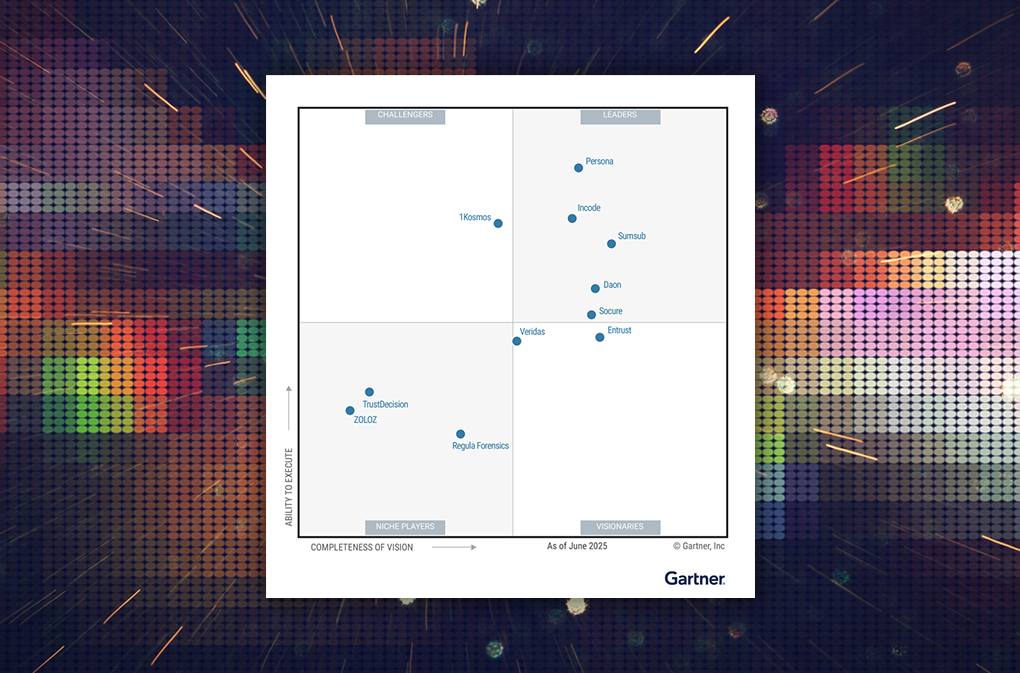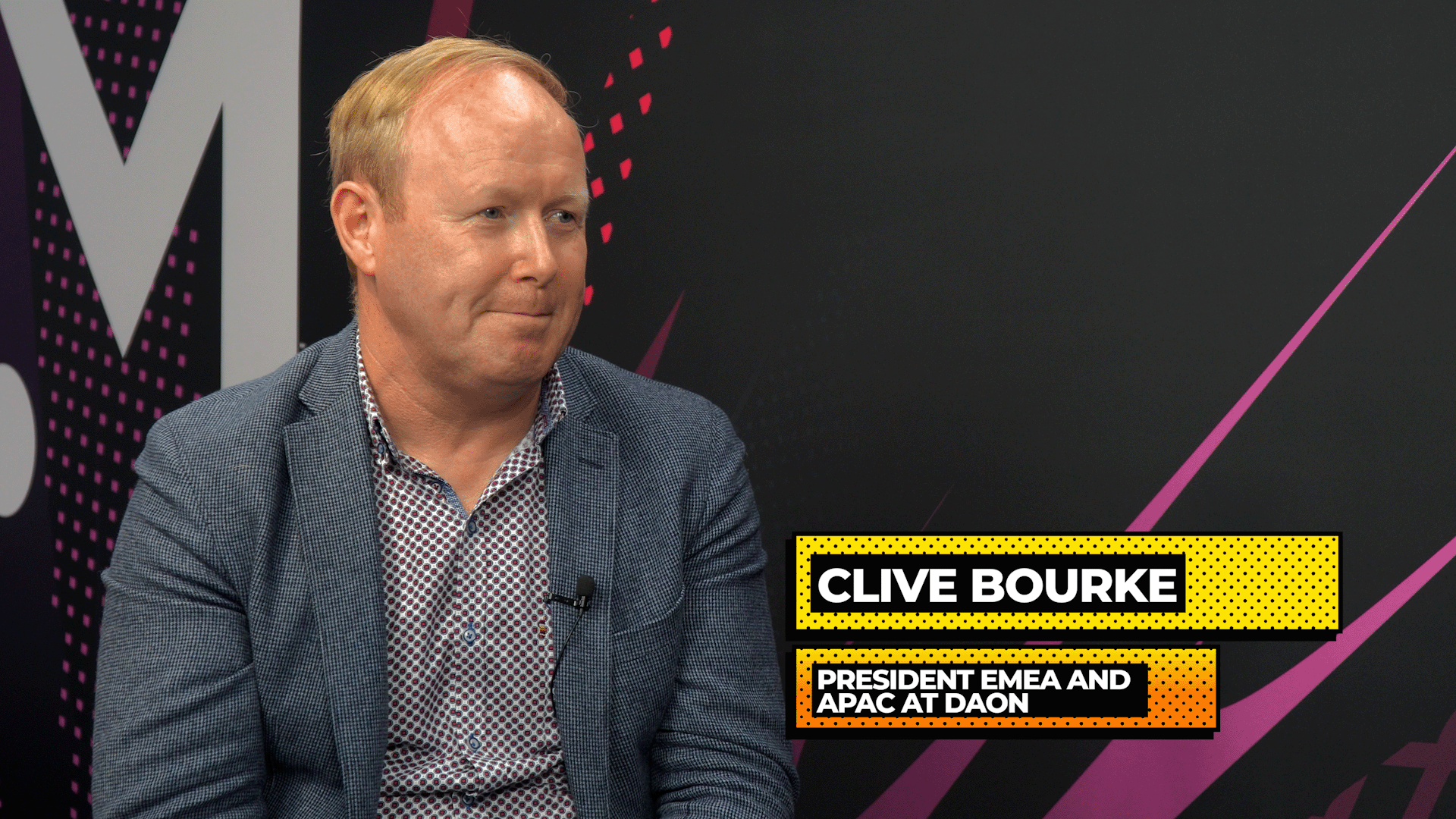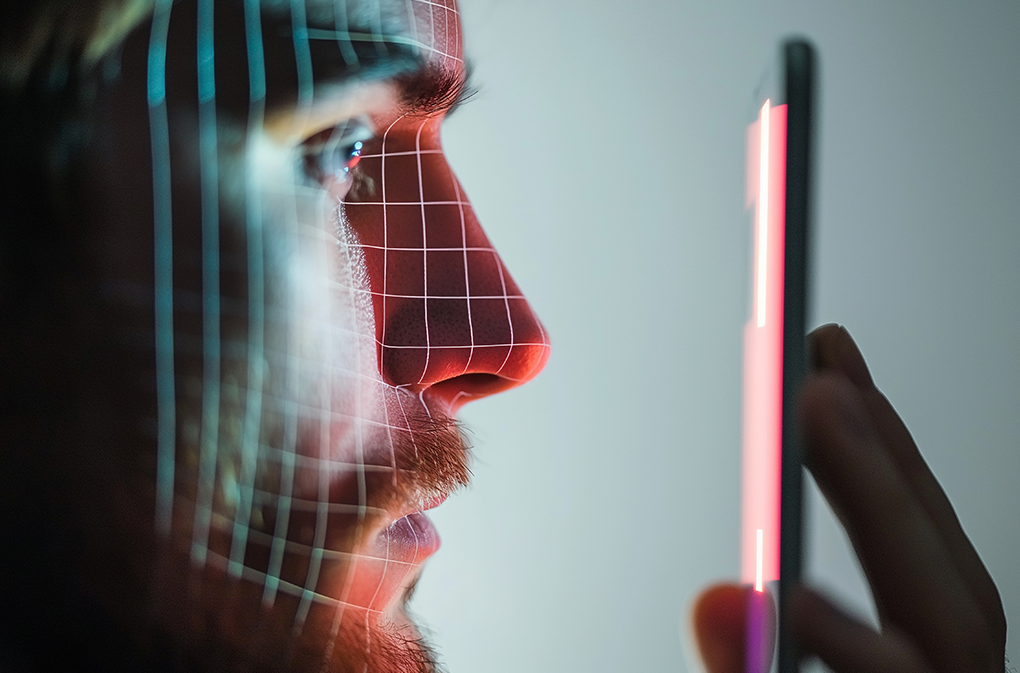How to Detect Deepfakes and Synthetic Identity
Navigating the complexities of digital authenticity poses significant challenges with the growing prevalence of synthetic identity and deepfake technologies.
The emergence of synthetic identity and deepfake technology in our increasingly digital environment has raised concerns about the authenticity and reliability of online information. There’s a critical need for continuous innovation in deepfake detection methods, regulatory policies, and advanced algorithms. As synthetic identity and deepfakes become increasingly sophisticated, society must remain vigilant and adaptable to navigate these challenges.
What Are Synthetic Identities?
Synthetic identities, created by mixing real and fake information, allow bad actors to form ostensibly legitimate personas which allow them to engage in financial fraud, identity theft, and many more types of insidious cybercrimes. This practice has risen in popularity in recent years and poses significant hazards to numerous industries, including finance, e-commerce, and social media, to name only a few. Detecting and preventing synthetic identity fraud poses a significant challenge due to its intricate and ever-changing characteristics, demanding innovative solutions from both industry experts and policymakers in the field of synthetic identity detection.
What Are Deepfakes?
Deepfakes employ advanced artificial intelligence algorithms to manipulate digital content, including images, videos, and audio, potentially leading to misinformation, fraud, and reputation damage. These AI-generated manipulations can convincingly superimpose one person’s visage onto another’s, generate realistic speech, or alter existing content to disseminate false information. Deepfakes raise concerns regarding the erosion of trust, increases in fraud, the proliferation of fake news, and the potential for reputational harm to individuals, businesses, and even governments.
Implications for Society and Individuals
Synthetic identity and deepfakes have a far-reaching impact that extends far beyond individual instances of deception. They can undermine our faith in digital media, disrupt democratic processes, and endanger the reputations of individuals and institutions. Significant ethical and legal concerns are raised by the potential for deepfake manipulation in political campaigns, corporate communications, and even personal relationships. Society as a whole must recognize the implications of these technologies and take proactive measures to resolve them.
Combatting deepfakes and synthetic identities is crucial for our safety. These technologies have the potential to deceive, manipulate, and harm individuals, organizations, and society at large. Safeguarding against these threats is essential to protect the integrity of information, preserve trust in digital media, and ensure the security of online transactions.
The Technological Arms Race of Synthetic Identity and Deepfakes
As synthetic identity and deepfake technologies continue to evolve, so must detection and prevention techniques. Researchers and technology companies are investing in sophisticated machine learning models and algorithms to detect deepfakes and authenticate digital content. However, the ongoing arms race between those who create deepfakes and those who develop detection techniques poses a significant obstacle. Continuous innovation and collaboration are indispensable for remaining ahead of malicious actors.
The Role of Regulation and Policy of Synthetic Identity and Deepfakes
Regulating synthetic identities and deepfakes requires a comprehensive approach that combines technological advancements with regulatory frameworks. Governments and policymakers must strike a delicate balance between protecting privacy and free speech while assuring the integrity and reliability of digital media. To develop effective measures to combat the exploitation of these technologies, collaboration between industry experts, policymakers, and technology companies is essential. Establishing precise guidelines, standards, and legal frameworks will assist in protecting individuals and organizations against the negative effects of synthetic identity and deepfakes.
Encouraging Digital Literacy and Critical Thinking
In an era of synthetic identity and deepfakes, digital literacy and critical thinking are of the utmost importance. Individuals must become more discriminating consumers of digital content by challenging the veracity of the information they encounter online. Promoting media literacy and educating the public about the existence of deepfakes can help mitigate the potential risks associated with these technologies. By empowering individuals to recognize and report deepfakes, we can collectively contribute to a more secure digital environment.
The Way Ahead
Synthetic identity and deepfakes pose challenging problems that require multidimensional solutions. It is crucial for society as a whole to maintain vigilance, adopt appropriate countermeasures, and remain adaptable and knowledgeable as we navigate this dynamic environment. Governments, policymakers, and technology companies must collaborate to develop effective measures against the misuse of these technologies, balancing privacy and freedom of expression with digital media integrity. Promoting digital literacy and critical thinking among individuals can empower them to discern and report deceptive content, thereby contributing to a safer digital environment for everyone.
Synthetic identity and deepfake protection are complex challenges necessitating collective efforts. Vigilance, adaptability, and education are key. Governments, policymakers, and tech companies must cooperate to strike a balance between privacy, freedom of expression, and digital integrity.









